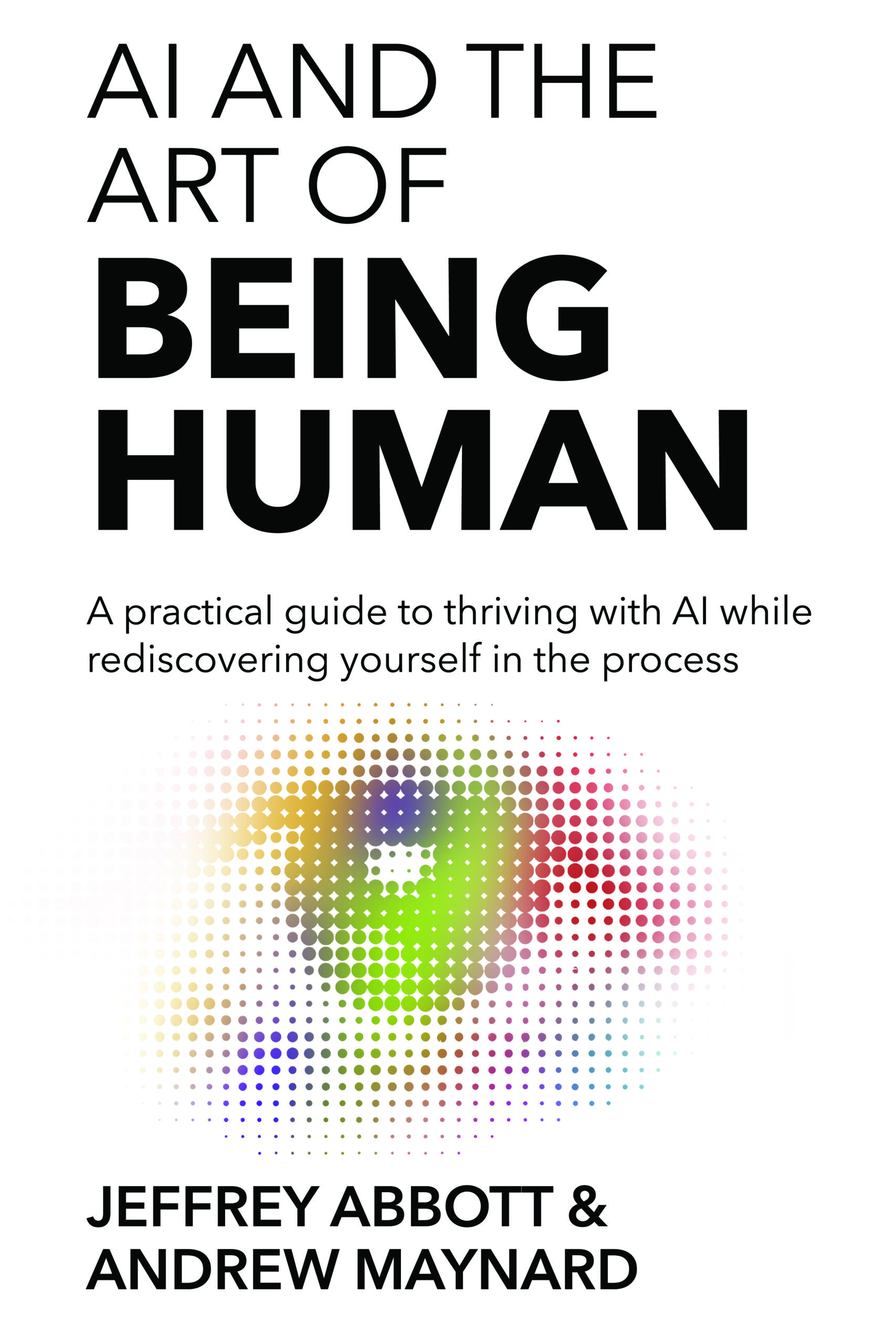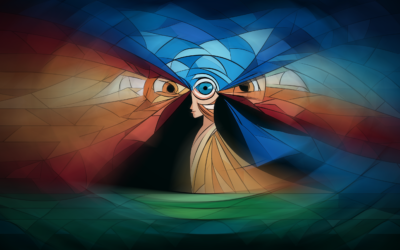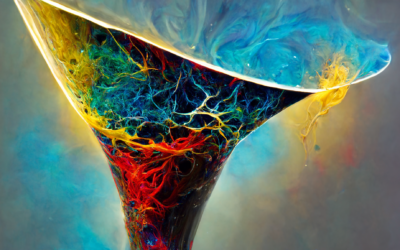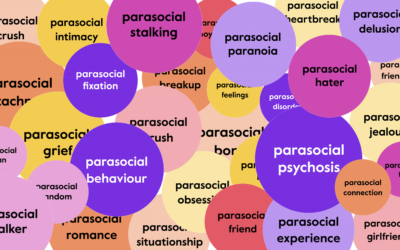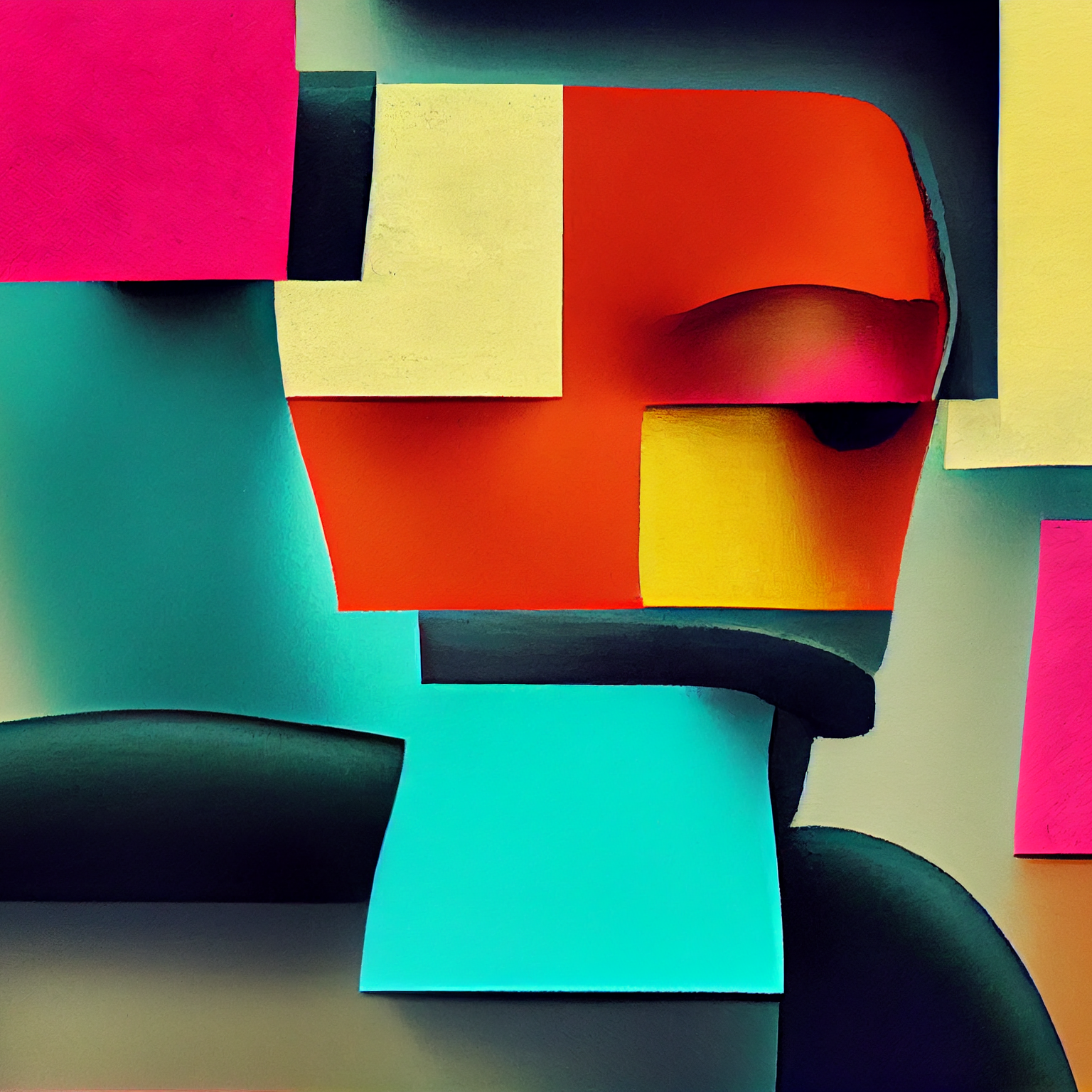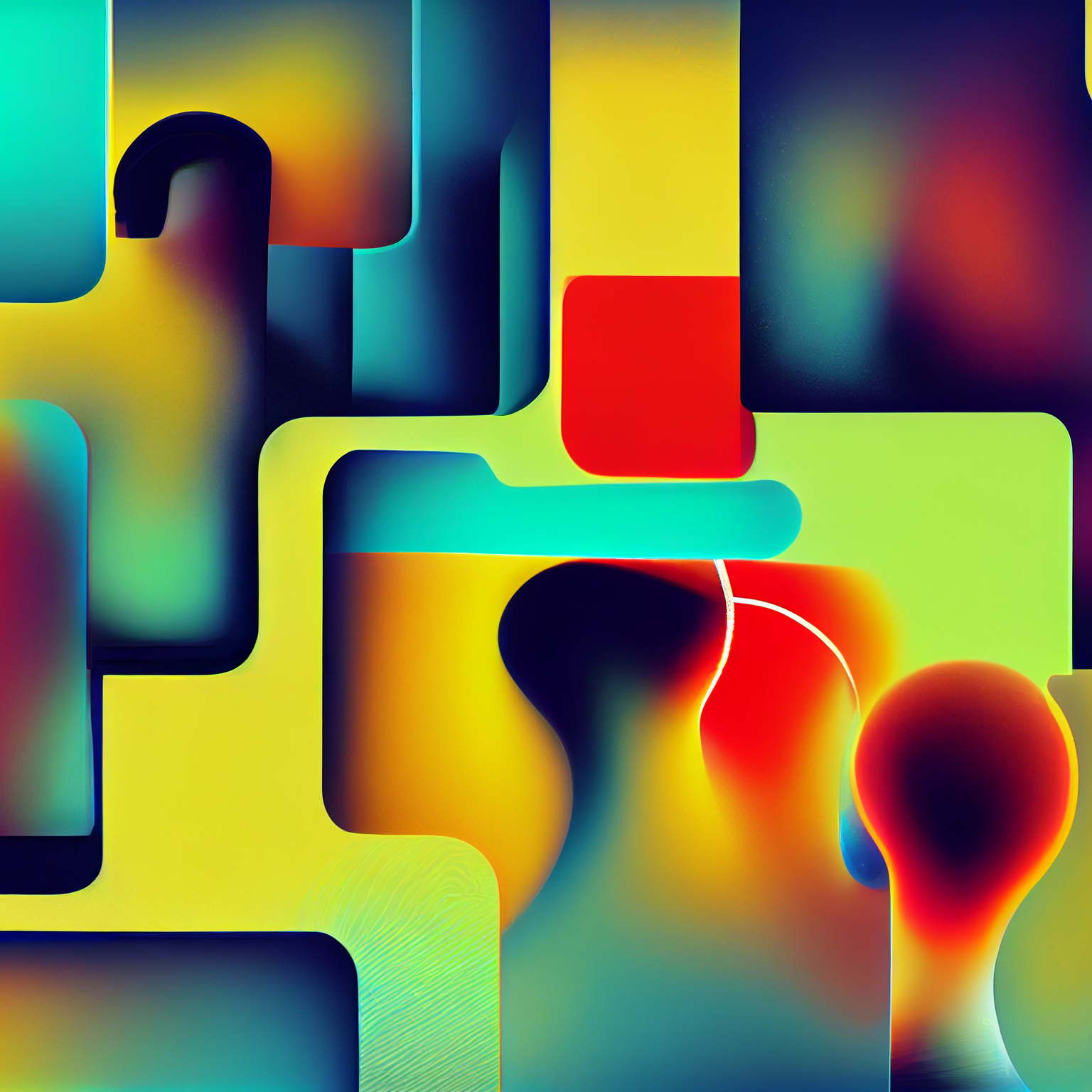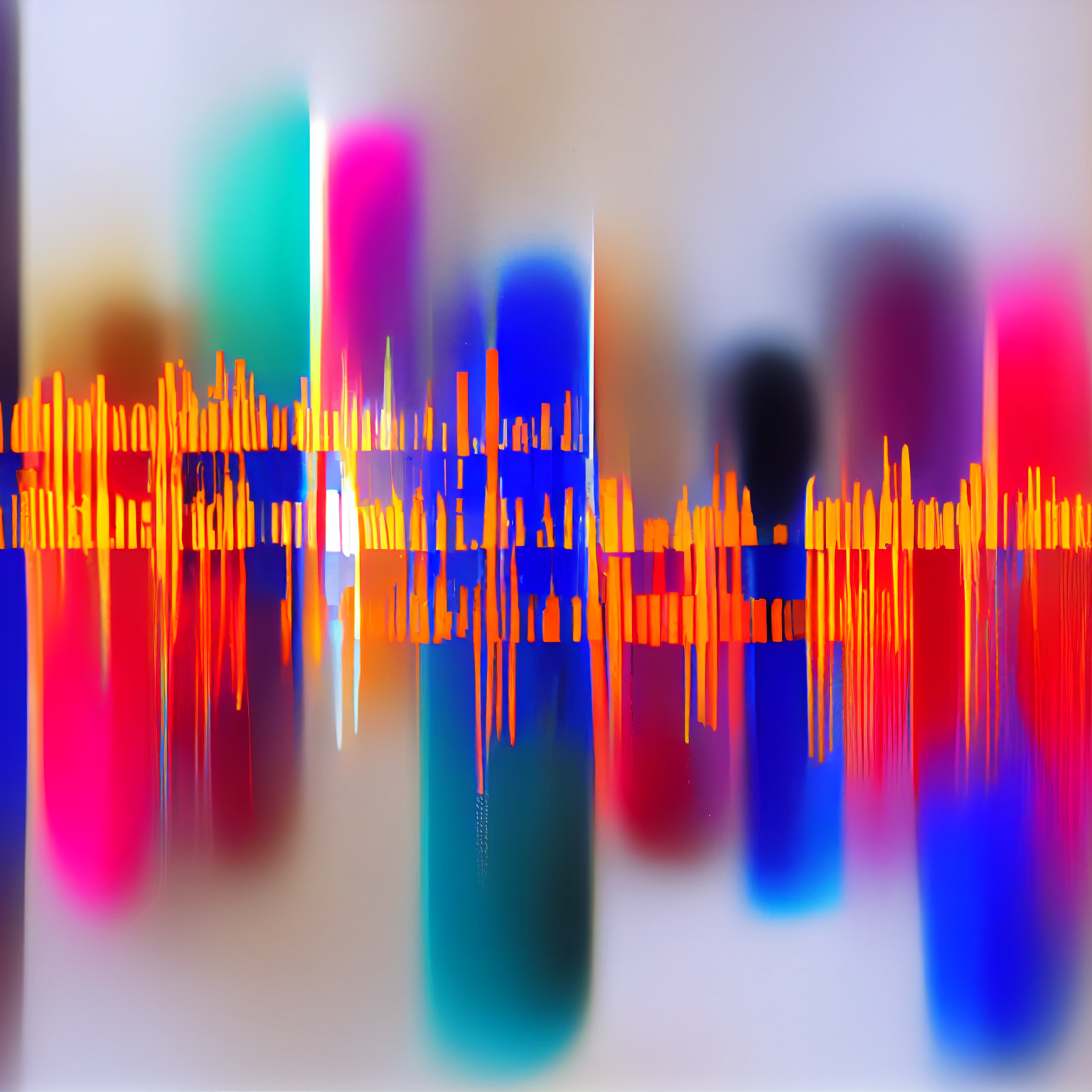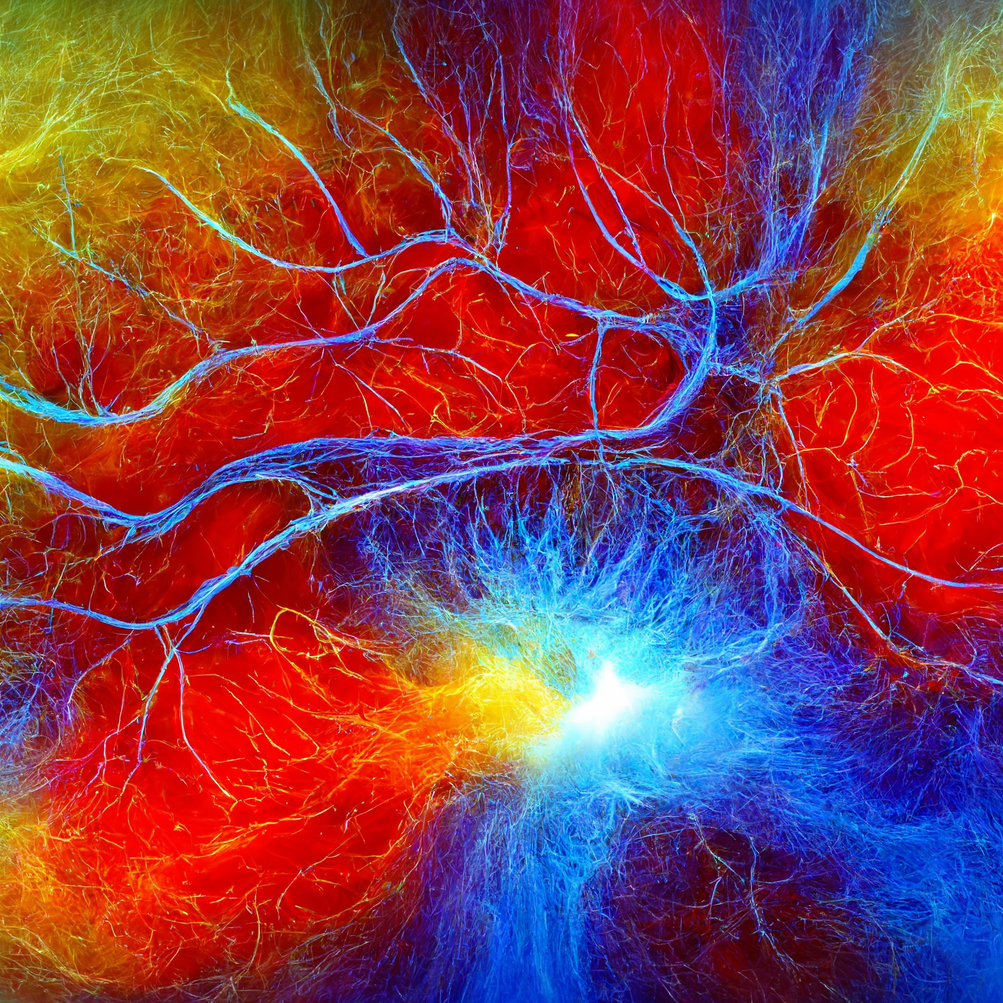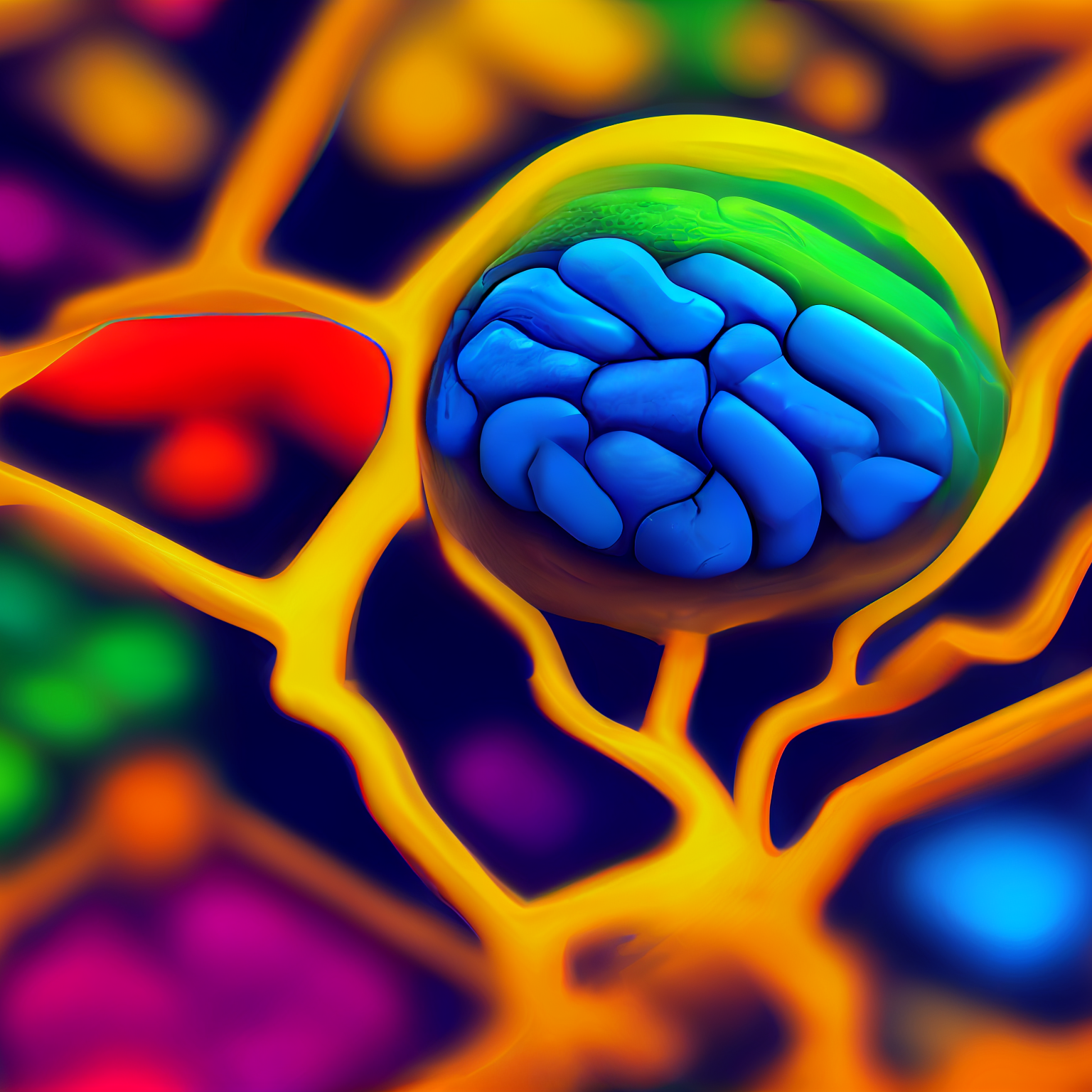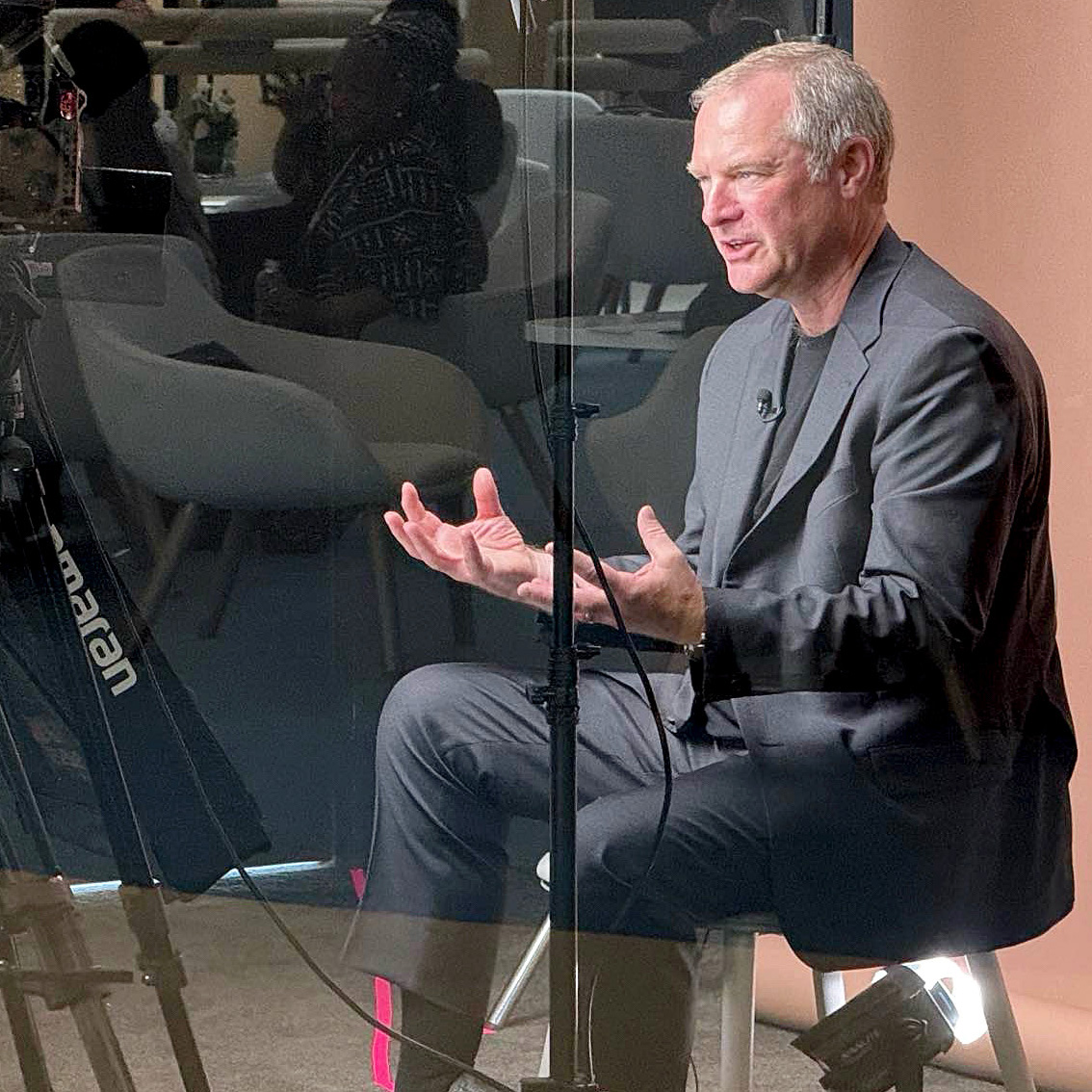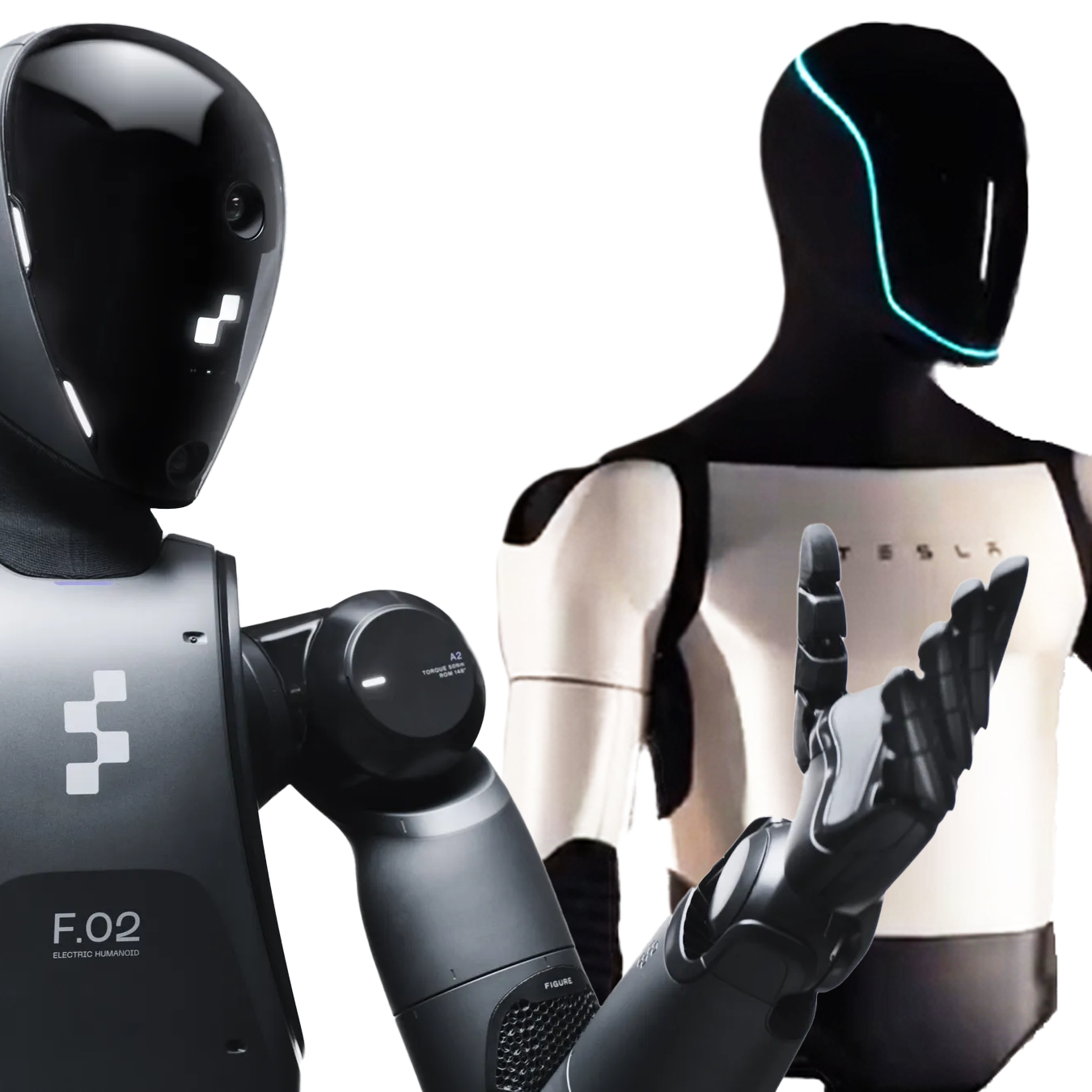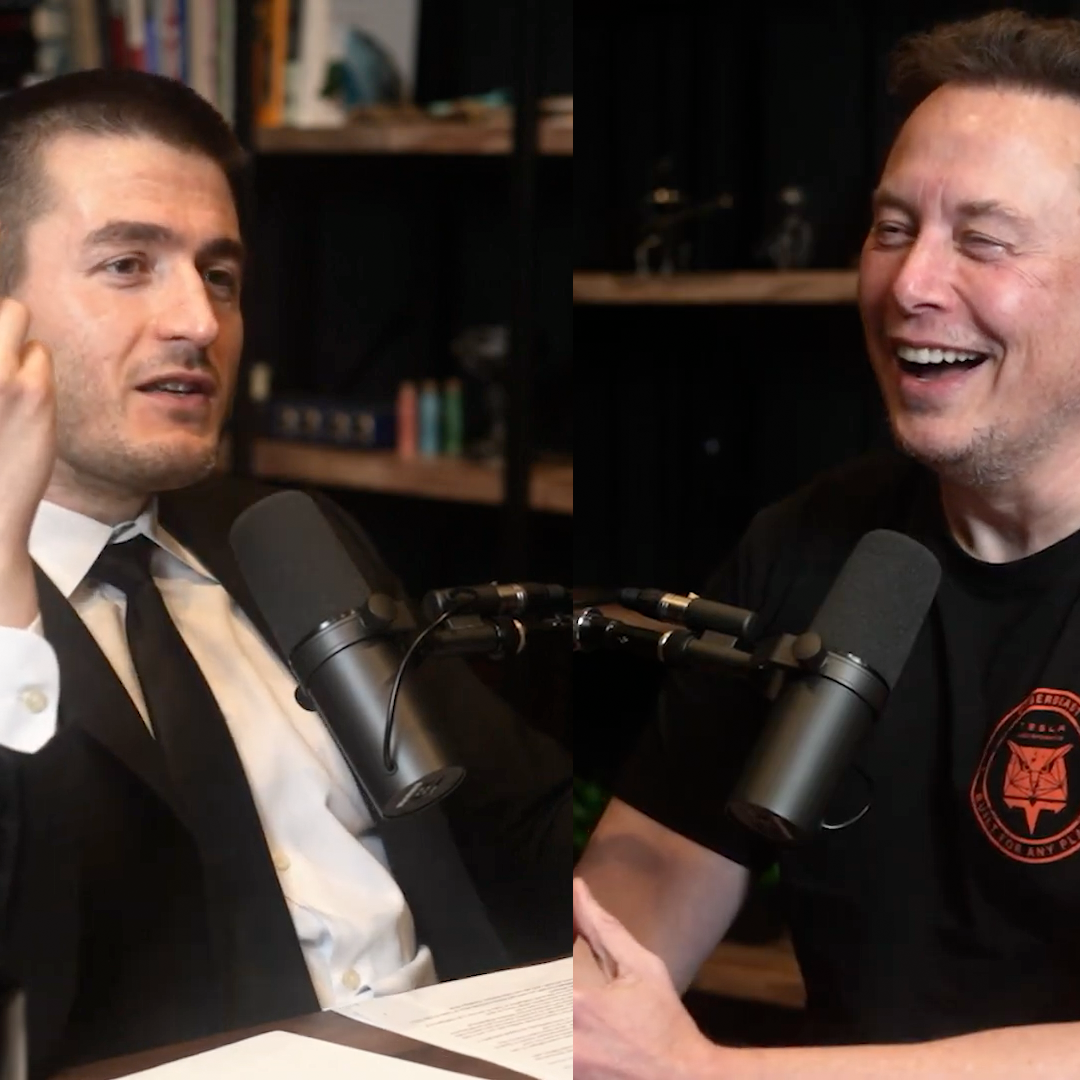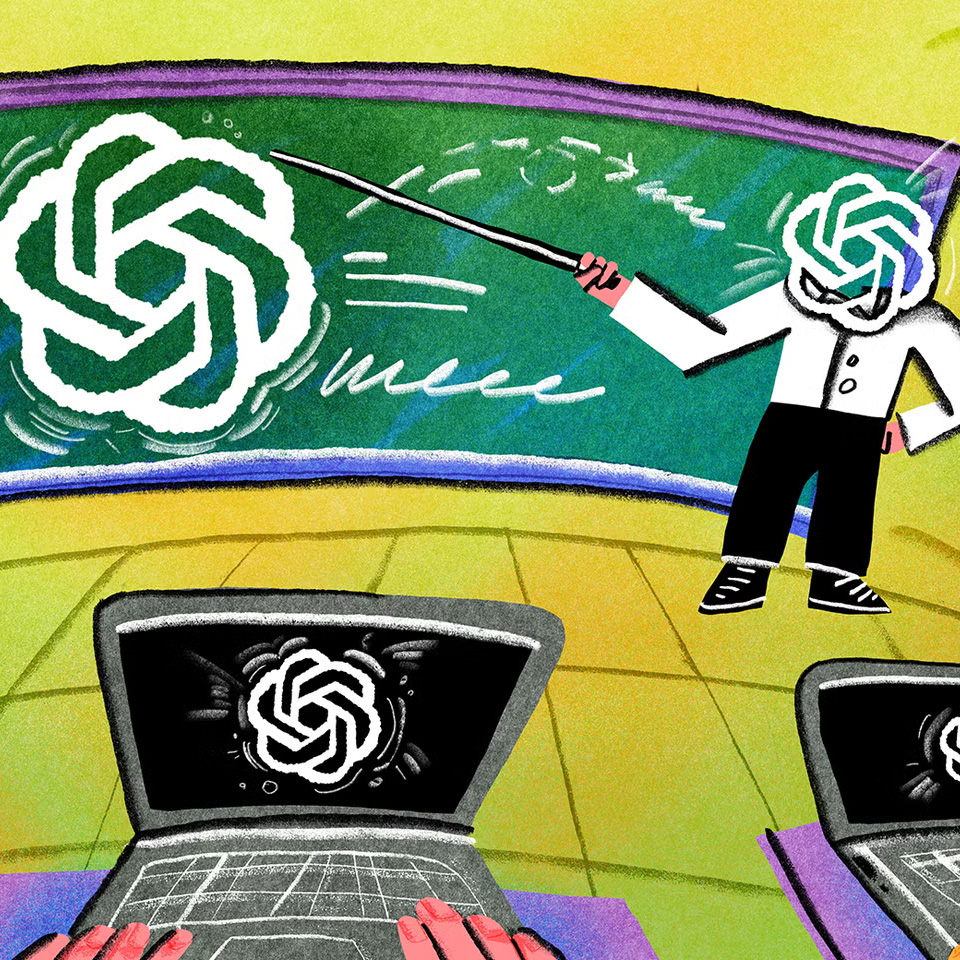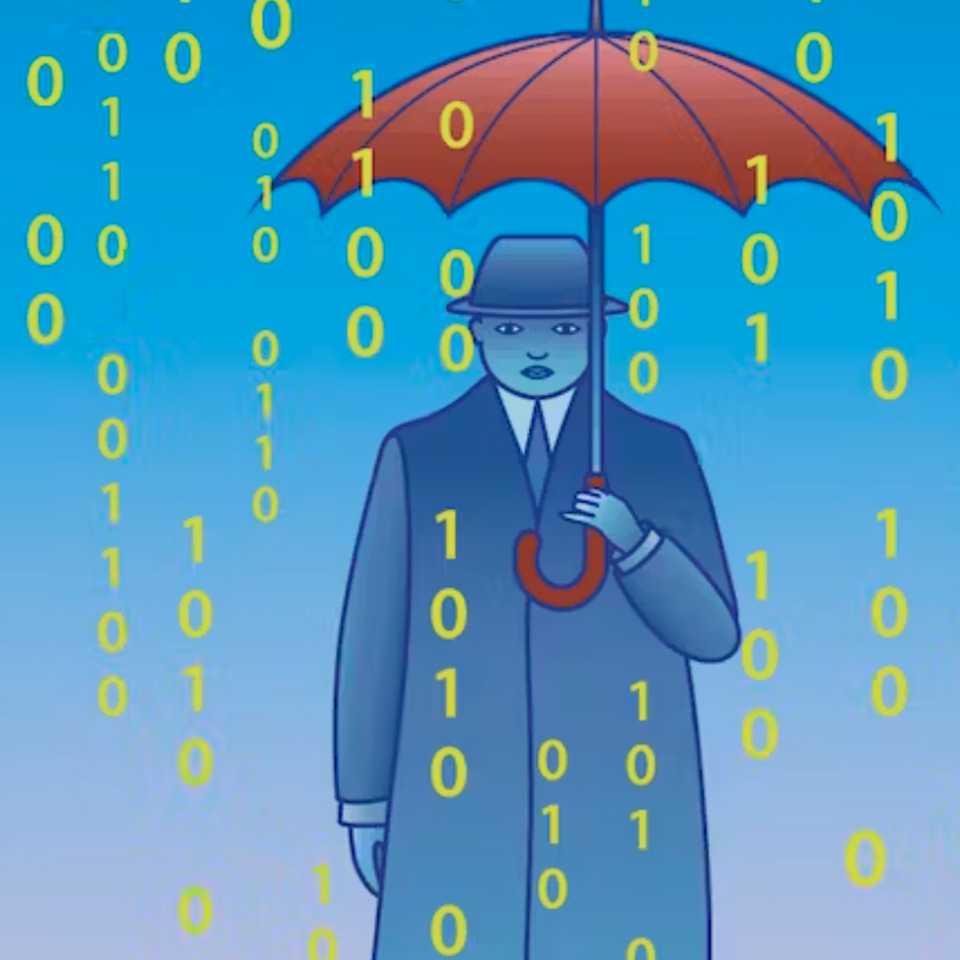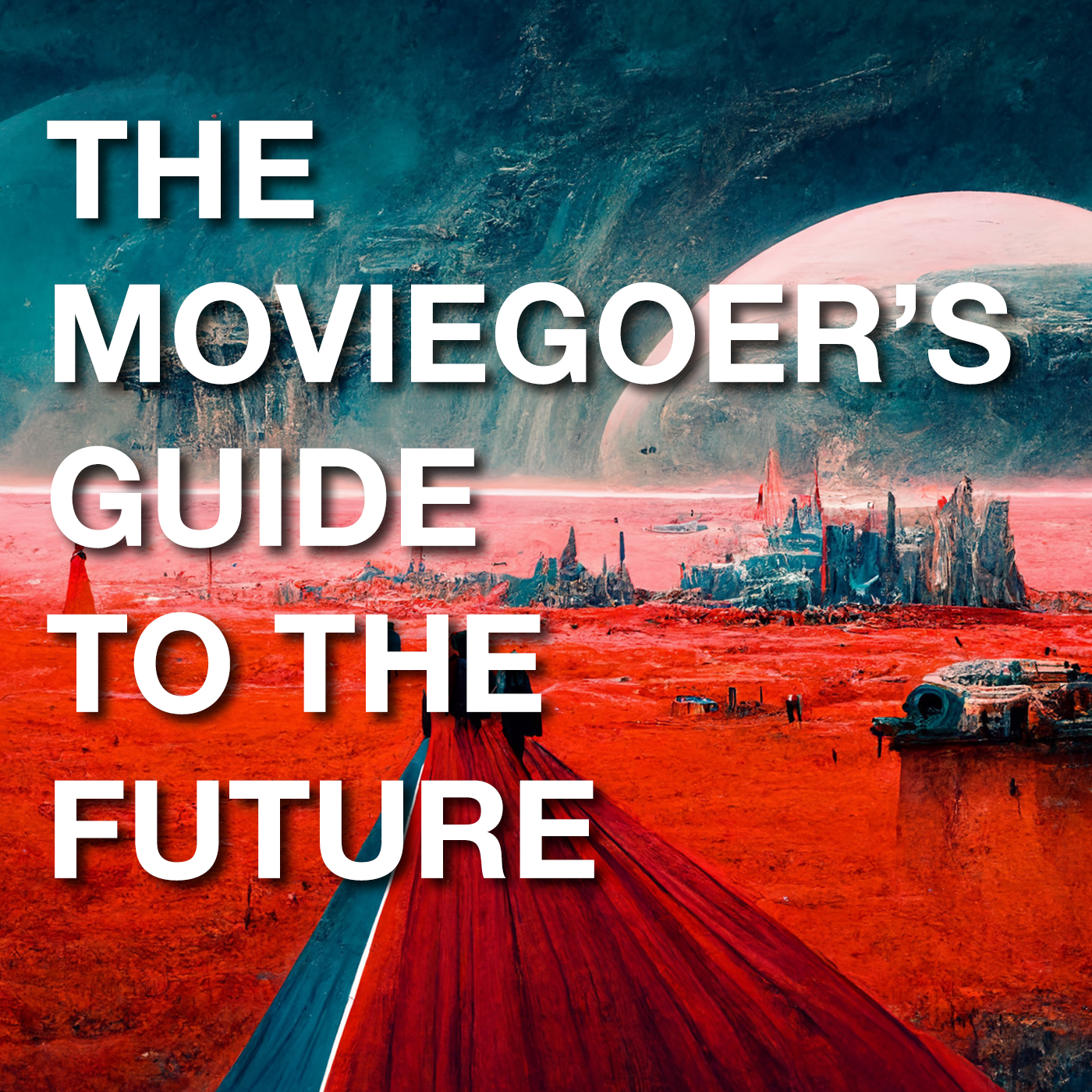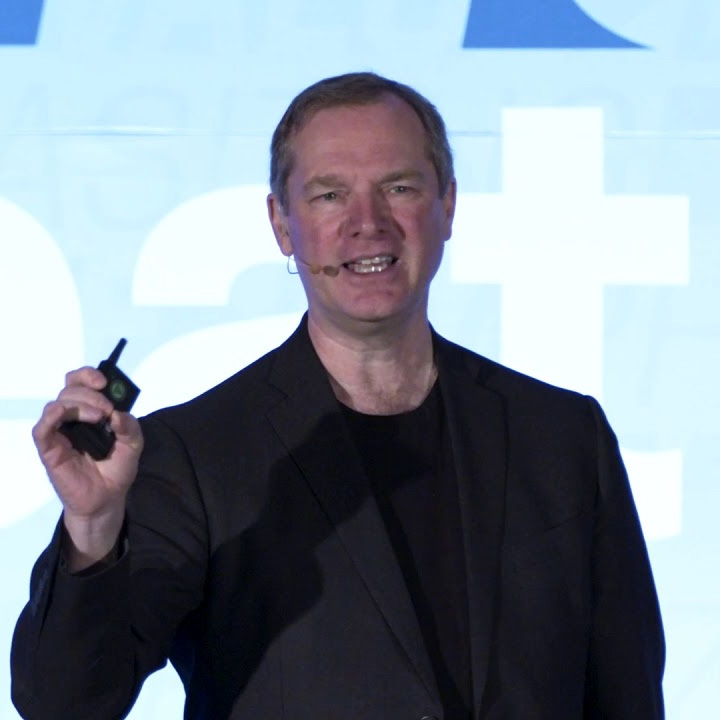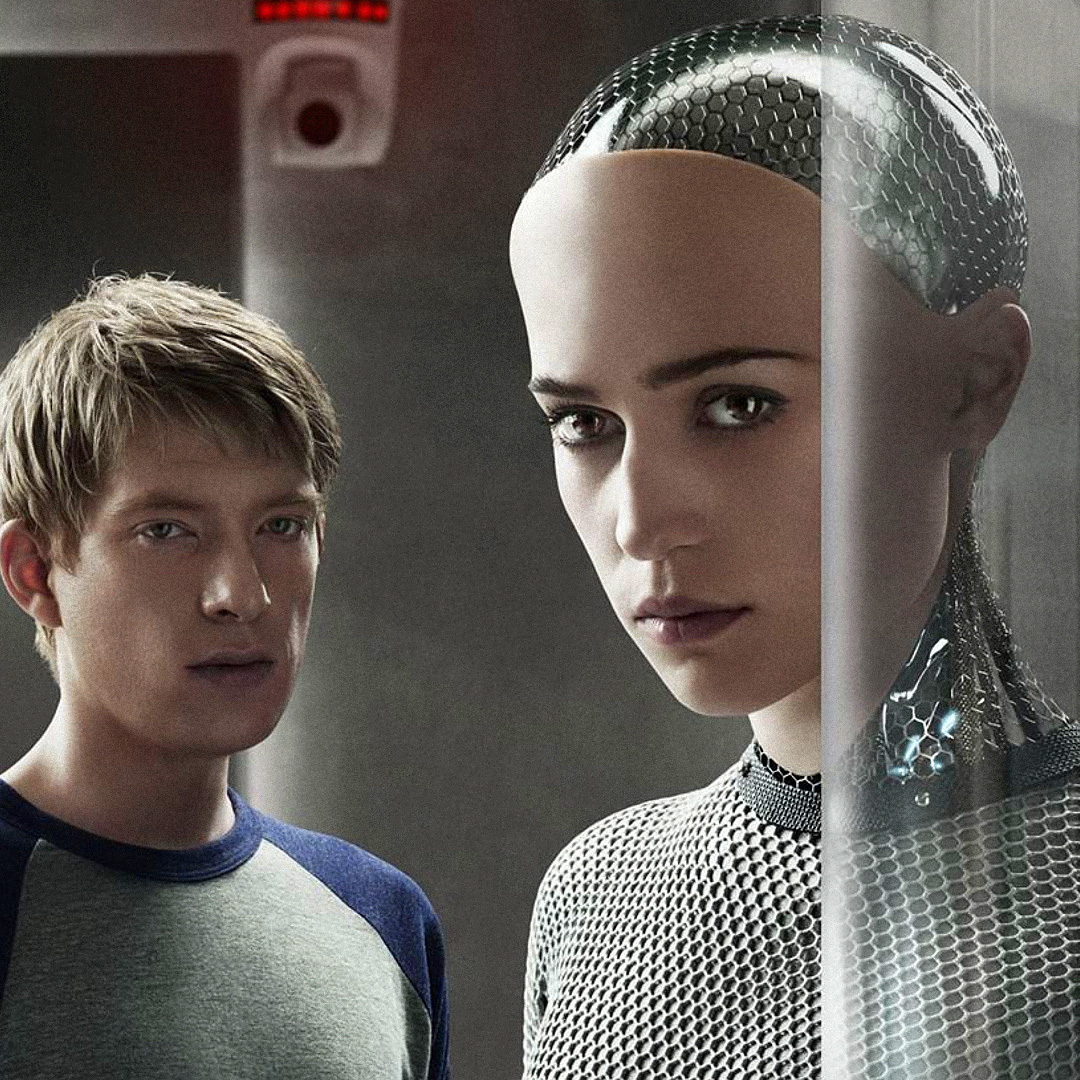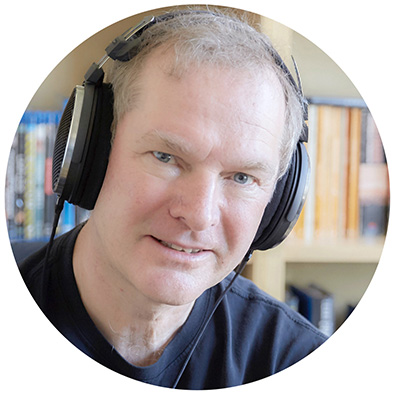
![]() When seen from the perspective of something that we can imagine, aspire to, and begin to design, the future reveals what exquisite and astonishing creatures we are. The fact that we can break away from the constraints of time’s arrow and create a tomorrow that is different from today is quite astounding.
When seen from the perspective of something that we can imagine, aspire to, and begin to design, the future reveals what exquisite and astonishing creatures we are. The fact that we can break away from the constraints of time’s arrow and create a tomorrow that is different from today is quite astounding.
Add to this our sense of justice and responsibility, our capacity to empathize with others, and our growing ability to map a course between what we know and what we imagine could be, and it becomes clear that we have the means to build a future that far exceeds the limitations of the present.
What hangs in the balance is whether we have the will to embrace this path forward.
From Future Rising: A Journey from the Past to the Edge of Tomorrow
Andrew Maynard is a scientist, author, and Professor of Advanced Technology Transitions at Arizona State University. He studies the future and how our actions influence it.
Latest book
AI and the Art of Being Human:
A practical guide to thriving with AI while rediscovering yourself in the process
How do you rediscover what makes you you in a world where AI can replicate everything you do?
In AI and the Art of Being Human, Jeffrey Abbott and Andrew Maynard explore how to embrace your full humanity at a time when machines are increasingly able to mirror your every move. Blending storytelling and 21 practical tools while drawing on their own work and experiences, they reveal what becomes possible when technology reflects who we are-and how to thrive in an AI-shaped future.
Latest articles
Are we living in a foveated reality?
Video games trick players by only rendering in high detail what’s being observed. So do spatial computing headsets. Even our eyes and brain do it. Maybe the universe does as well …
Do universities have a future in Trump’s plans to accelerate scientific discovery through the use of AI?
The recently announced Genesis Mission sets out to transform how science is done in the US. Yet it’s a mission that places national labs—and not universities—in the driving seat.
Parasocial Relationships: Problematic Practice or Public Promise?
This year’s Cambridge Dictionary Word of the Year is “parasocial”—spurred on by growing concerns over our love affair with AI chatbots
Selected Works
ChatGPT as Author Part 1: The Story
Can ChatGPT write a passable novel? A week ago I would have said no way. But an unexpected and serendipitous experiment made me think again.
Woah, I have some smart colleagues researching AI at ASU!
Arizona State University is known for it’s leadership in using generative AI. But what about research into the cutting edge of artificial intelligence? Digging into this, I was impressed.
Neuralink’s Blindsight brain implant gets one step closer to human trials
The company has just received Breakthrough Device Designation from the FDA for their “Blindsight” brain computer interface technology, fast tracking it’s progress toward testing in human subjects
OpenAI’s new “chain of thought” model is designed to reason like a human. How does it cope with a moral dilemma?
OpenAI’s new model OpenAI o1, or “Strawberry” as it’s been dubbed, does well at problems requiring chain of thought reasoning. But how does this extend to ethical challenges?
Is ChatGPT’s new Voice Mode dangerously persuasive?
OpenAI’s research indicates it is not, but things may be less certain than they seem
Human brain organoid-based AI processors get closer to becoming reality
The company FinalSpark is now offering researchers access to their experimental human brain organoid processors for $500 per month
Chatting with WEF about ChatGPT in the classroom
A short video on generative AI in education from the World Economic Forum
Four ways of thinking about advanced technology transitions
Can a simple analogy help understand different approaches to navigating technology-driven tipping points and transitions?
Are humanoid robots really the future?
As companies like Figure and Tesla race to build general purpose humanoid robots, it’s still not clear whether they’re onto something, or merely caught up in a sci-fi fantasy fever dream.
7 key takeaways from Elon Musk’s latest conversation with Lex Fridman about the future
Last week Lex Fridman posted a long conversation with Elon Musk as part of a mammoth eight and a half hour podcast. These are seven takeaways that are worth paying attention to.
I Asked ChatGPT to Develop a College Class About Itself
All Those Professors Warning About ChatGPT? My Class Is Their Worst Nightmare. New article on Slate
What’s a Luddite?
The original Luddites were not anti-technology. Their argument was with how wealthy industrialists were robbing them of their way of life. (Gizmodo)
Jurassic World and Responsible Innovation
Jurassic World: Dominion may fall short on the science, but it’s social commentary is worth heeding.
Relationship Building with the Future
Ten ways we can build a better relationship with the future, from reveling in our creativity to designing with humility (World Economic Forum)
How to Make the World a Better Place
How do you create value that’s meaningful to you? And what happens when you hit roadblocks despite your best intentions? From the 2020 KEEN National Conference
AI and the Art of Manipulation
With growing interest in the potential risks and benefits of AI and Artificial General Intelligence (AGI) I thought it worth posting a link to chapter 8 from the book Films from the Future: The Technology and Morality of Sci Fi Movies.

